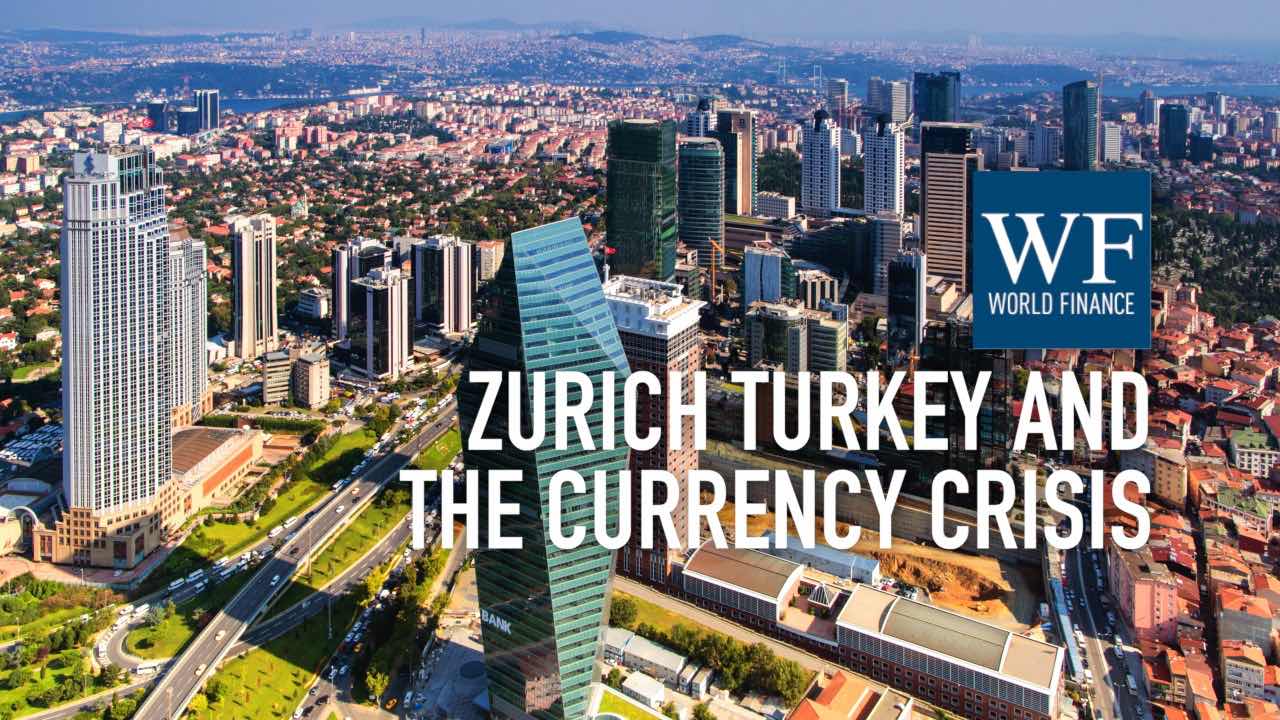Yılmaz Yıldız: Turkey’s troubles are ‘just a blip on the long-term chart’
Despite the currency crisis, the things that made Turkey an attractive emerging market still remain
Related:
Transcript
Emerging markets are being impacted negatively because of a major paradigm shift in the global economy, says Yılmaz Yıldız, CEO of Zurich Turkey. The huge liquidity post-financial crisis has dried up, and escalating commodity prices are putting pressure on emerging markets. Turkey has been impacted by this paradigm shift – along with some political issues – and dropped in global growth rankings. But, says Yılmaz: its strengths remain. In the first half of this interview Yılmaz discussed in more detail the currency crisis that Turkey is experiencing, and its impact on Turkey’s insurance sector.
World Finance: Setting aside Turkey’s currency crisis, what more general trends are affecting emerging economies today?
Yılmaz Yıldız: The global economy is going through a major paradigm shift, and emerging markets are impacted negatively because of that.
If you remember in 2008-9, after the crisis, the Fed and the ECB pumped incredible liquidity into the financial markets. The Fed’s balance sheet increased from $900bn to $4.5trn from 2007-17. The ECB from €2trn to €4trn. So there was this huge liquidity in the financial markets, and the emerging markets – which need foreign investment – benefitted substantially.
But now there’s this paradigm shift.
Liquidity is being taken back. A strong dollar, high US interest rates, uncertainties, and the commodity and oil prices going up: creates an unfavourable context for the emerging markets. And all the emerging markets are being impacted negatively, one way or another. But they’re not all the same. Especially the ones with high current account deficits, high growth rates, and high indebtedness, are impacted much more negatively than the ones with lower current account deficits and stronger debt dynamics.
And this will continue for a while, I think. Paradigm shifts take a while for everybody to get used to. Let’s say: not easy times ahead.
World Finance: And how is Turkey positioned within the emerging markets? What are your strengths and weaknesses?
Yılmaz Yıldız: Yes, Turkey has been impacted negatively.
If you look at 2017, Turkey was one of the fastest growing economies after China: 7.4 percent growth. That growth was good on its own, but created huge current account deficits. And with that current account deficit, one: the paradigm shift happened, the dollar began to appreciate, and some political problems; the currency has been hit really hard.
But we should not miss the strengths of the Turkish economy.
What made Turkey a very attractive emerging market – most of those are still in place. Huge market of 80 million people? It’s still there. Location? It is still there. A young, well-educated population, positive demographics? It is still there.
If you look at the debt dynamics: debt to GDP is less than 30 percent. Budget deficit is less than two percent. So the indebtedness is probably one of the best in the emerging markets.
And on the other side, Turkey has a very diversified industrial base. So the economy does not depend on any single industry or commodity or market. That good diversification will serve well going forward.
And, with that in mind, and us being in Turkey as Zurich Insurance Group for the long term: there may be ups and downs, but as long as these positive demographics and economic measures are in place, this is just a blip on the long-term chart. And we will continue to be profitable, we will continue to be successful. So: we’re very confident about the future, and in the short-term; yes, sometimes different things happen – not only in Turkey, around the world. We take measures; we move on.

 Thinking in 12 dimensions: How Standard Insurance uses AI to predict behaviour
Thinking in 12 dimensions: How Standard Insurance uses AI to predict behaviour How Turkey’s currency crisis could make Zurich Turkey more profitable
How Turkey’s currency crisis could make Zurich Turkey more profitable
